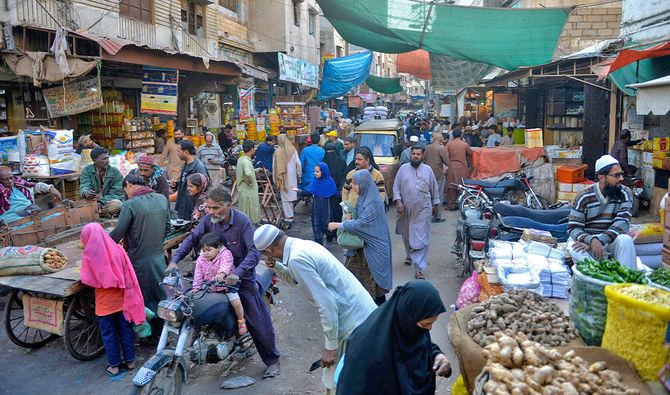The Pakistani nation braces with an unimaginable hike in prices of essential commodities, including kitchen items like vegetables, ghee, sugar, edible oil, meat, eggs, and pulses. This substantial increase in prices of essential commodities has added to the economic sufferings of low- to middle-income consumers. In the absence of an effective price control and monitoring system, the public is bound to pay a two to three-fold increase in the prices of daily-use commodities. In the current scenario, meat, fish, and all kinds of fruits have now become out of reach for middle-class families in the country. Market experts foresee a further hike in commodity prices during the holy month of Ramadan, with a general surge of 31.5% in recent months. Several food items may witness up to a 60% increase in their rates from their pre-Ramadan levels.
The provincial and local governments entirely gave up to the hoarders and profiteers with no writ of the government on the ground. The system of district/ local price control committees, food inspectors and duty magistrates has now practically collapsed as the traders and shopkeepers adjust profit for themselves and nobody dares to implement the decree of the government. The newly throned Primer Minister Shehbaz Sharif has increased the volume of the Ramazan Package from Rs7.5 billion to Rs 12.5 billion, and directed the authorities to enhance their outreach to facilitate the majority of the masses during the holy month. As said , the government has arranged mobile units to provide edible items at subsidized rates along with ensuring their availability through USC and BISP. The authorities claimed that the latest technology such as mobile application and GPS will be used to ensure that foodstuffs reach the most deserving people and no theft, misappropriation or pilferage occur at any cost.
The responsibility of ensuring affordable and accessible food lies with the government. Historically, governments have aimed to stimulate the production and distribution of inexpensive food, particularly staple commodities through enforcement of uniform commodities’ rates,and prevention of hoarding and unlawful profiteering in the country. However, Pakistani leaders handed over the entire nation to the horde of illegal profiteers while taking the charge of Utility stores and mobiel supply trucks etc. Presemuly, the rest of the country neither falls under their responsibility nor voted for them by providing relief to nearly 10 % population through Utility stores or BISP the government could not elude from its responsibility concerning the rest of the public. The government leaders must abandon such ready-made bureaucratic solutions and endeavours to enforce writ of the law and state regulated prices of the commodities in all parts of the country. Otherwise they might have lost their right to represent the public and rule the country.







